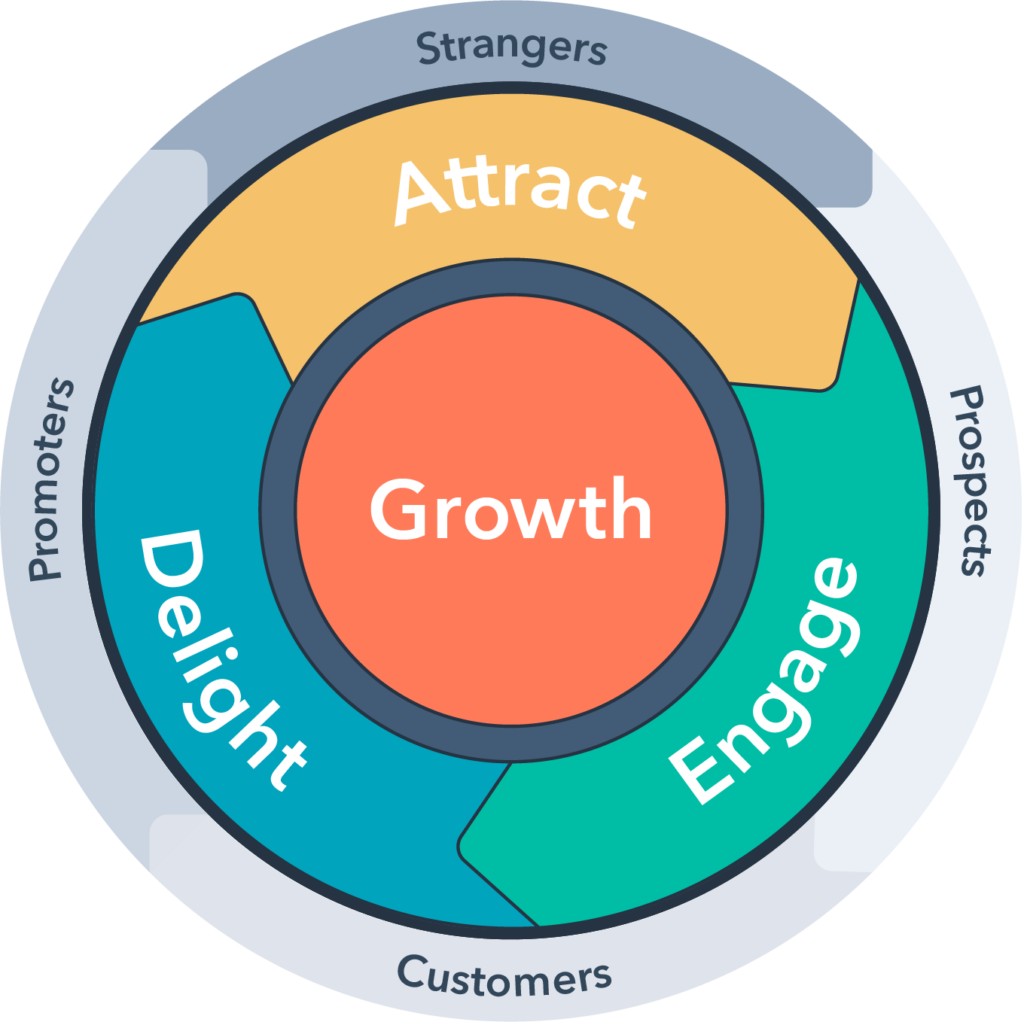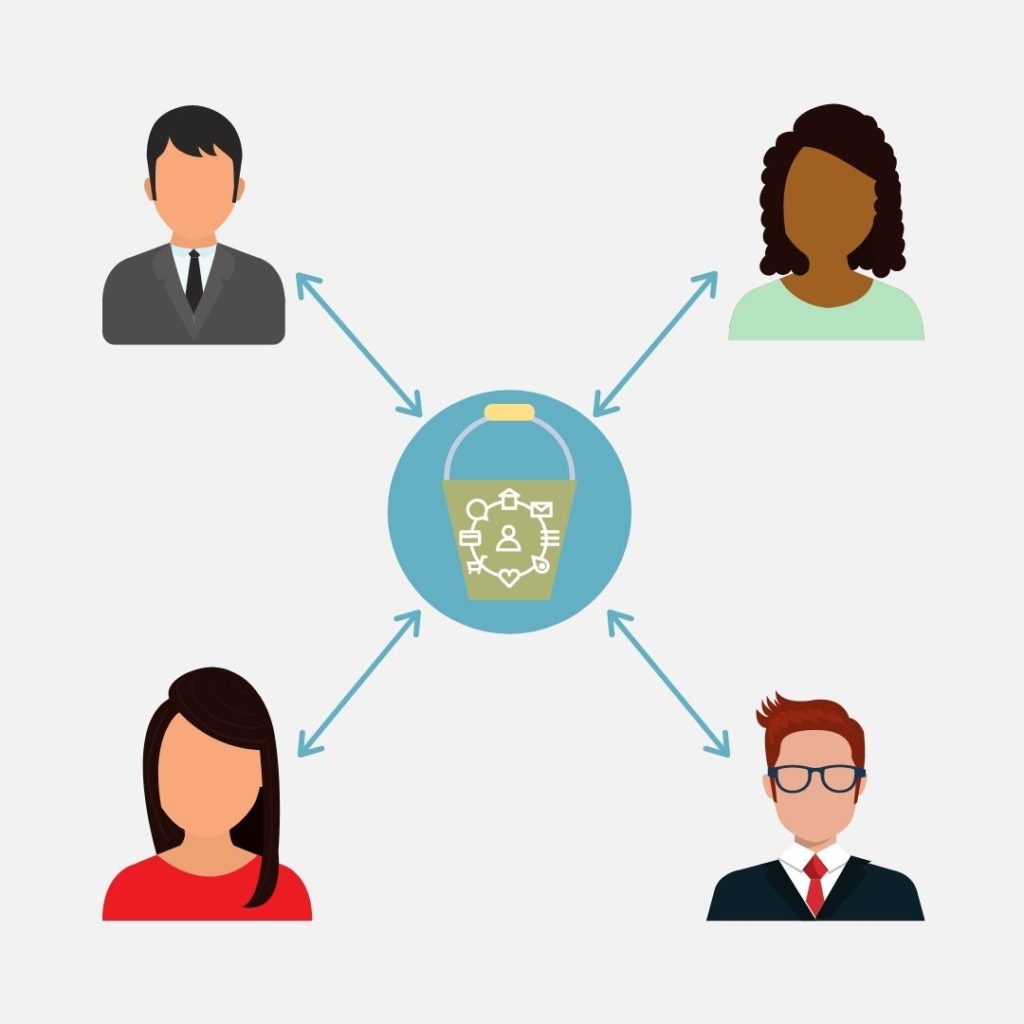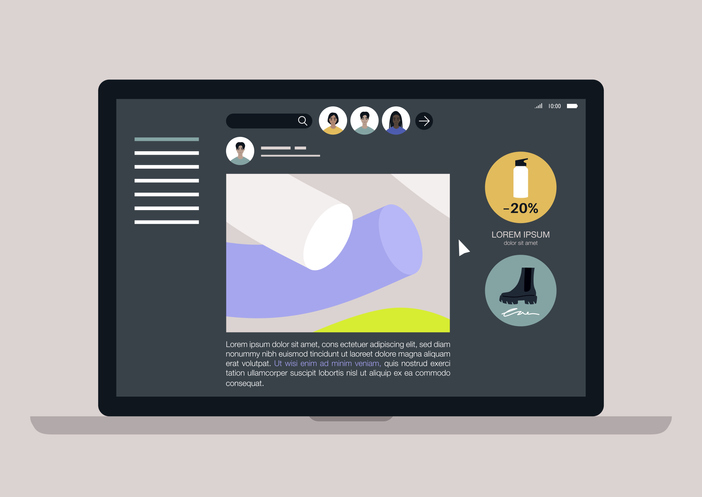
The world of digital marketing is always changing, and the language that’s used to describe what’s happening is no different.
Here are the 5 marketing buzzwords that we’ve heard on repeat this year and what exactly they mean.
1. Flywheel Effect
A flywheel is a huge and heavy wheel that takes a lot of energy to move. However, if you continue to push a flywheel, it will build momentum and eventually start to turn itself on its own. When used in marketing, the flywheel effect helps to create momentum to generate leads and raise brand awareness. It also keeps your marketing strategy focused on a singular goal and forces your team to keep a single purpose in mind as you develop tactics to support that goal.

2. Conversions API (CAPI)
Facebook’s new Conversions API (CAPI) is likely the hottest topic in the world of digital marketing so far this year. This new tool created by Facebook allows advertisers to send web events and conversion data to a business’s Facebook Ads Manager while maintaining user privacy. While many may think that the Conversions API does a similar job to a normal Facebook Pixel, there are a few differences that business owners and marketers alike should know as the digital world heads into a privacy-focused way of marketing. The CAPI will allow marketers to gain back reported conversions for Facebook ads that your Facebook pixel will not capture once a person opts out of pixel tracking on their mobile device. It’s important to know that the CAPI is not a replacement for your Facebook pixel, and should run in parallel with it. You can learn more about these privacy updates here.

3. First Party Data
First party data is the information that you collect directly from your customers or audience. This type of data includes:
- Data stored in your CRM
- Subscription data (email lists or SMS subscriptions)
- Customer feedback or completed surveys
This kind of data is king in the world of marketing. If you’re not collecting and activating first party data, then you’re missing out on an opportunity to monetize, learn from and use to increase engagement while improving your ROI across marketing efforts. The best part? First party data is free to obtain, and privacy concerns around it are minimal as you know where it comes from as you own it outright.

4. Third Party Data
Third-party data is data that you buy from outside sources that did not originally collect it. This data can be bought from big data aggregators that pull it from other platforms and websites where the data was generated. We recommend collecting your own first-party data before relying on third-party data, as this kind of data is not exclusive and can be accessed by your competitors.

5. User Generated Content (UGC)
User generated content refers to unsponsored or unpaid social posts that people share across social networks when they’re using or are happy with a product or service. For example, when a person tweets about an amazing experience that they’ve had at a restaurant, that’s considered UGC. You can utilize UGC in all kinds of paid or organic marketing campaigns in order to further your engagement with your audience, as they are the ones showing off your brand!

Need a marketing translator? We can help.
We’ll create a simple, revenue-generating marketing plan for your business. Get an estimate or read more about our digital marketing services.



